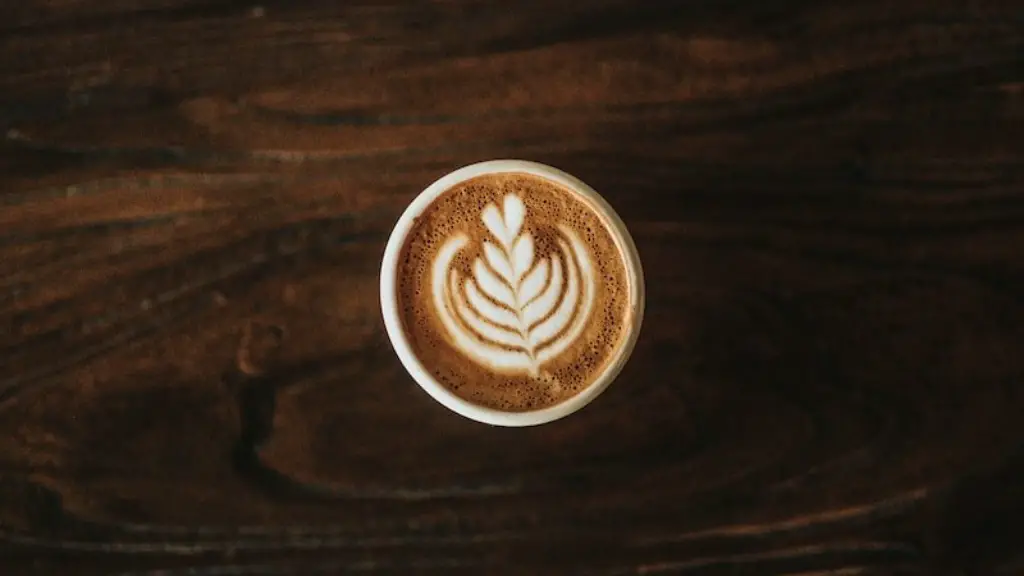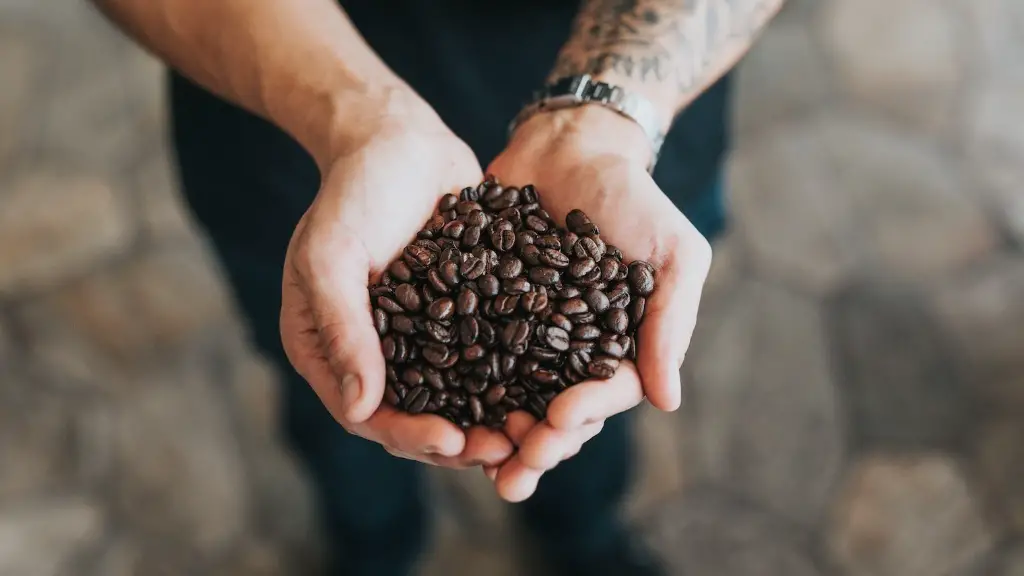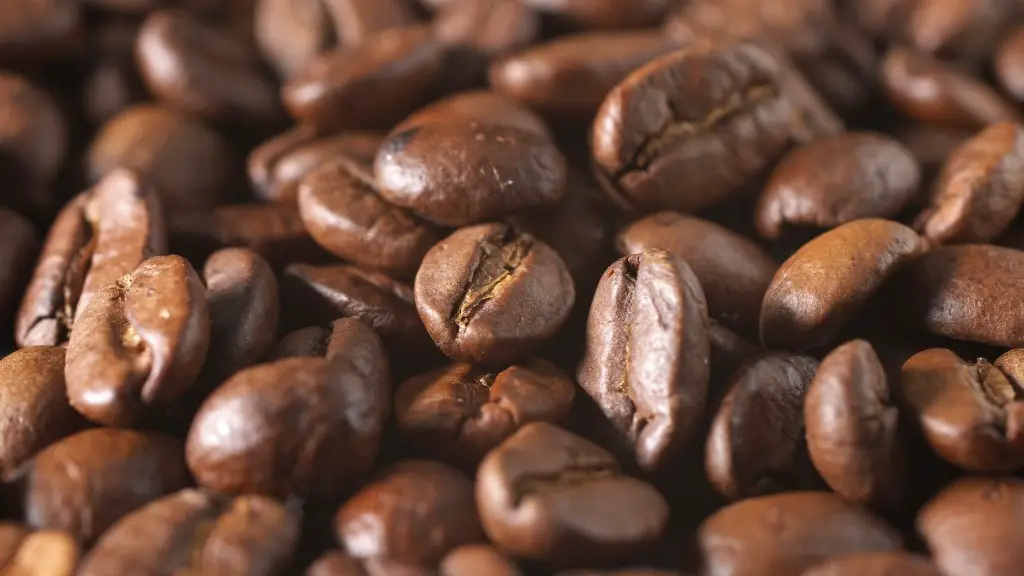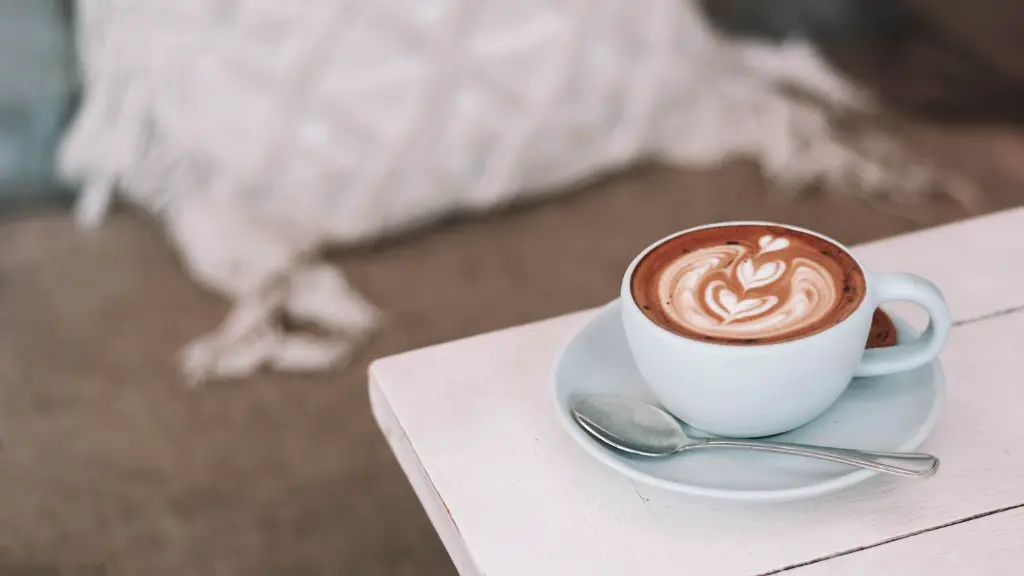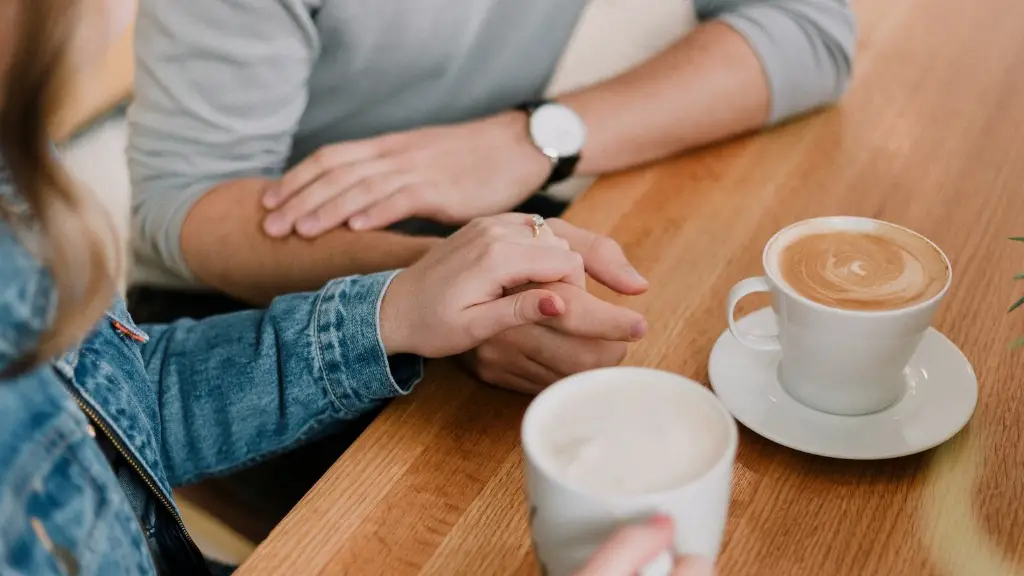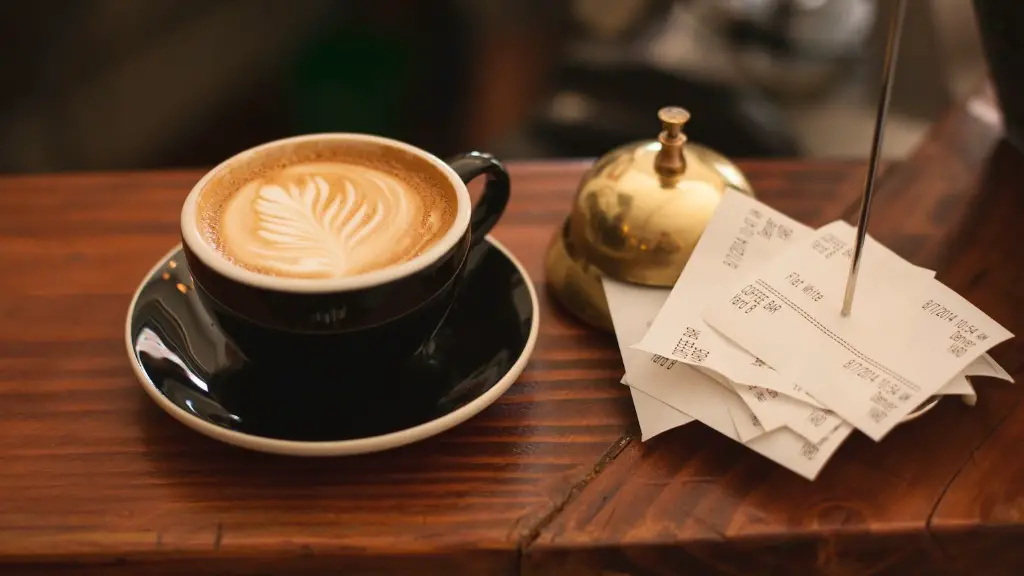Coffee is one of the most popular drinks globally, consumed primarily for its stimulating effects. While caffeine can be beneficial, too much can lead to other health issues. For individuals taking the selective serotonin reuptake inhibitor sertraline, drinking coffee can present additional challenges and potential risks. Research has examined the safety and possible interactions between caffeine and sertraline and revealed that the effects of the two together are complex and not fully understood.
Sertraline is an antidepressant that affects how serotonin, a chemical neurotransmitter, is used in the brain. It is commonly prescribed for major depression, panic disorder, post-traumatic stress disorder, and obsessive-compulsive disorder. Since caffeine is a stimulant, some people may be concerned that drinking coffee while taking sertraline could interfere with the drug’s ability to do its job.
Studies have demonstrated that there is no clear evidence that caffeine can interfere with sertraline’s effectiveness. However, stimulating the brain can raise blood pressure, heart rate, and respiration. These effects may complicate the effects of sertraline, potentially leading to an increase in anxiety or nervousness. In addition, people who take sertraline during the early morning or mid-day may experience a stronger effect than usual if they drink coffee prior or after taking their medication.
Due to the potential side effects, many health professionals advise caution in drinking caffeinated beverages while taking sertraline. Although there is no clear-cut answer, experience can be a useful guide. People taking sertraline should pay attention to their response after drinking coffee, as well as any interactions with other medications they may be taking. The timing of when the medication and coffee are consumed can also affect the response.
Some studies have observed that drinking coffee can be beneficial for those taking sertraline. Research conducted by the University of Kansas Medical Center demonstrates that caffeine may reduce the amount of sertraline needed to experience an antidepressant effect. In addition, other studies have shown that caffeine may also reduce depression symptoms in people who are already taking an antidepressant.
In other cases, too much caffeine may make antidepressants less effective or even backfire and increase depression symptoms. If people do consume coffee while taking sertraline, it is important to monitor the body’s response and adjust consumption levels as needed. If symptoms such as anxiety, jitteriness, or insomnia occur, it may be best to limit caffeine consumption.
Alternatives to Coffee
Although coffee may not be the best choice for some people taking sertraline, there are plenty of other drinks that can provide a stimulating effect without the potential risks. A few options include:
Tea – Many varieties of tea contain caffeine, such as black and green teas. Other teas, such as rooibos, tulsi, and chamomile are naturally caffeine-free.
Yerba mate – Yerba mate is a type of tea that contains naturally occurring caffeine with a unique flavor and health benefits. It is made from the leaves of a species of holly known as Ilex paraguariensis and grown in South America.
Kombucha – Kombucha is a type of fermented tea, typically made from black or green tea, that is becoming increasingly popular. Although it contains caffeine, it also provides a range of beneficial probiotics.
Matcha – Matcha is a type of green tea powder made from the whole leaves of the Camellia sinensis plant. In addition to containing caffeine, matcha also provides beneficial antioxidants.
Caffeine Content of Drinks
Knowing the amount of caffeine in various beverages is important for managing one’s medicine intake. Different types of coffee or tea will contain different amounts, so it is essential to be aware of the caffeine content of any drink prior to consuming it. The tables below provide the approximate range of different types of coffee and tea in terms of caffeine content.
Coffee:
| Drink | Caffeine (mg) |
|---|---|
| Espresso (1 oz) | 63-125 |
| Filter Coffee (8 oz) | 95-165 |
| Instant Coffee (8 oz) | 27-173 |
Tea:
| Tea | Caffeine (mg) |
|---|---|
| Black Tea (8 oz) | 14-70 |
| Green Tea (8 oz) | 10-50 |
| Rooibos (8 oz) | 0 |
Concerns for Pregnant Women
Caffeine consumption is especially controversial for pregnant women, as it can negatively affect the development of the fetus. Studies suggest that drinking coffee while taking sertraline can increase fetal heart rate and reduce fetal movement, leading to a decrease in fetal growth. Experts recommend limiting or completely avoiding caffeine during pregnancy, particularly in women who are already taking medication.
Since caffeine is a stimulant, drinking coffee while taking sertraline may lead to an increase in anxiety or nervousness. While research has not found a strong connection between the two, it is important for people to pay attention to their body’s reactions. In addition, consuming too much caffeine can negate some of the effects of sertraline, making it less effective in treating depression.
Other options, such as herbal teas, are available to those who are concerned about drinking caffeinated beverages while taking sertraline. Matcha, kombucha, and other herbal teas can provide the same stimulating effects without risking side effects. Ultimately, it is important for people to monitor their reaction to drinking coffee while taking sertraline and adjust their consumption accordingly.
How Coffee and Sertraline Interact in the Brain
Caffeine and sertraline both interact with the brain in different ways. Caffeine is a central nervous system (CNS) stimulant that works on the adenosine receptors to block the adenosine that is normally released by brain cells. This can lead to an increase in alertness and an overall sense of wellbeing. Sertraline, on the other hand, is an SSRI antidepressant, which works to moderate serotonin levels in the brain.
The interaction between caffeine and sertraline is not well understood, but research suggests that caffeine may increase the effectiveness of sertraline in treating depression. This is because caffeine also works to increase levels of serotonin in the brain, and sertraline is thought to work more effectively when serotonin levels are higher. However, too much caffeine may have the opposite effect and could reduce the effectiveness of sertraline.
In addition, it is important to note that caffeine and sertraline can both cause increased anxiety and feelings of jitteriness if consumed in too high of quantities. For this reason, it is important to pay attention to how one feels after consuming caffeine while taking sertraline, and to adjust consumption as necessary.
Managing Caffeine Intake While Taking Sertraline
The best way to manage caffeine intake while taking sertraline is to be aware of how the body responds. Different people will react differently to caffeine, so it is important to be mindful of any changes in well-being or energy levels that occur after consumption. If there is an increase in anxiety or other negative side effects, it may be best to reduce caffeine consumption.
In addition, caffeine consumption should be avoided when taking other medications, as it can interfere with the effectiveness of those drugs. It is particularly important to keep an eye on any interactions between caffeine and medications for mental health conditions, such as sertraline. People who are unsure about the effects of caffeine on their medication should speak to a doctor for advice.
Finally, for those who cannot manage their caffeine intake, there are other options to consider. Herbal teas, such as matcha, kombucha, tulsi, or chamomile, can provide a gentle stimulation without the potential side effects of caffeine. Such alternatives may be a better option for people who take antidepressants and want to enjoy the stimulating effects of a beverage.
